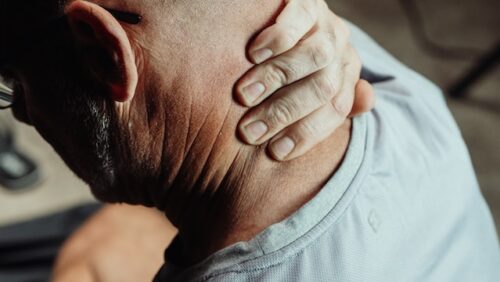
In Texas, understanding slip and fall laws is critical to ensure you can recover the compensation you deserve for the injuries you’ve sustained. Unfortunately, you may find that sustaining an injury on someone else’s property is a complex and confusing issue, with many factors that influence the outcome of your case. If injured while visiting another person’s home, you may not know what steps to take to receive justice for the injuries and subsequent medical expenses you’ve endured. The following blog explores whether or not a homeowner can face liability and how a Houston premises liability lawyer can help you during these challenging times.
How Can a Slip and Fall Happen on Private Property?
Though most commonly associate slip and fall injuries with retail and commercial locations, these accidents can happen on private property. As such, familiarizing yourself with the common causes of slips and falls on private property can help you protect yourself and know whether or not you are eligible to recover damages. Common causes of slips and falls include the following:
- Stairs that are too steep
- Broken stairways
- Missing handrails
- Wet spots on the floor
- Lose tile or carpeting
- Unsafe pathways on the property
- Tree roots
- Wires left on walkways
Who Can Face Liability?
If injured on private property, the homeowner will likely face liability, as they have a duty to ensure that those on their property are safe. However, that duty will vary depending on your presence on the property. Generally, there are three categories of identity the person on the property can fall under – licensee, invitee, or trespasser.
An invitee is generally owed the highest level of care, as they are expected to be there. These include a contractor doing work on your home, someone delivering food, or an electrician. As they are explicitly invited to the property for business reasons, homeowners owe them the highest level of care. Generally, a licensee is someone invited onto the property for social reasons. For example, if you are a guest at a barbeque or a friend stopping by for coffee, you have permission to be there for social purposes. Homeowners have no duty of care to trespassers, as they are uninvited guests on the property.
If you are a licensee, you are likely only eligible to recover compensation if the property owner was aware of the hazard and did not warn you. However, an invitee is owed greater care. As such, they must protect these guests from reasonable and foreseeable risks.
At the Gonzalez Law Group, we understand how these legal terms can be confusing to those unfamiliar with them. As such, our firm is ready to assist you. We will examine the details of your case to help establish your identity as a presence on the property to determine the duty of care you were owed as a guest. Additionally, we will fight for the compensation you deserve as an injured party hurt at the hands of a homeowner’s negligence. Contact us today to learn more.


